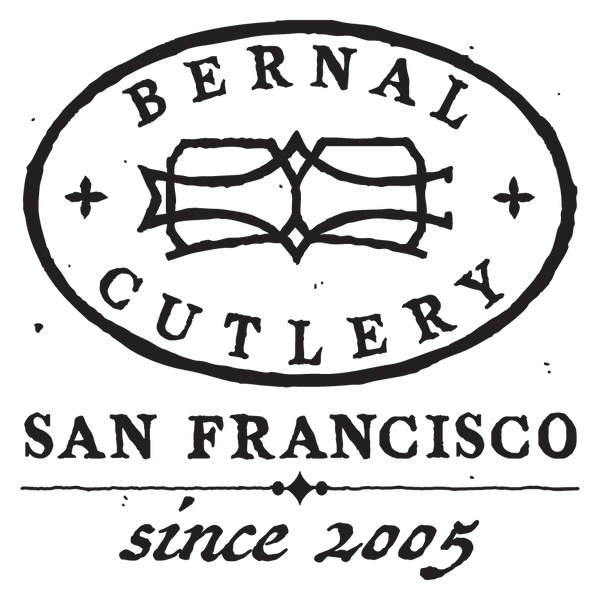-
Langue
-
Devise
-
NEW
- All New Products
- New Kitchen Knives
- New Kitchen Tools
- Latest Vintage
- New Outdoor & Utility
- New Pantry
-
What's in my Basket Series
- Dr. Harold McGee - Author
- Ryo Sakai -Kuma Sushi
- Ian McNemar - Woodworker, Instructor
- Anna Voloshyna - Author
- Jorge Martinex Lillard - Lolo´
- Chris Yang - Piglet & Co
- Griffin Wilson - @cabincorn
- Gabe Rudolph - Gestura Utensils
- Marc Schechter - Square Pie Guys
- Molly DeCoudreaux - Food Photographer
- Geoff Davis - Burdell Soul Food
- Jen and Wes - @crazythickasians
- Josh Donald - Bernal Cutlery
- Kelly Kozak - Bernal Cutlery
- Jessica Sullivan - Poppy SF
- Sylvan Mishima Brackett - Rintaro
- Michael Myers - Film Character
- Ali Hooke - @alihooke
- Bruce Hill - The Chef's Press
- Dylan Carasco - Butcher's Guide
- Spencer Horowitz - Hadeem
-
Japanese Knives
- Ashi Hamono
- Gihei Knives
- Godo Tadaharu
- Hado
- Hatsukokoro
- Hitohira
- Jiro Nakagawa
- Iwasaki Kamisori
- Kaji-Bei
- Kamo Shiro
- Kanehide
- Konosuke
- MAC Knife
- Masakane
- Makoto Tadokoro Marushin
- Mizuno Axes
- Morihei
- Myojin Riki Sesakusho
- Nakagawa Hamono
- Naozumi
- Nigara Hamono
- Sakai Kikumori
- Shigefusa
- Tagai
- Takada no Hamono
- Tanabe Tatara
- Yoshikazu Tanaka
- Tosa
- Tsukasa Hinoura
- Yoshikane
- Wakui
-
Global Knives
- A Wright & Son (GBR)
- Allday Goods (GBR)
- Blenheim Forge (GBR)
- Geo Wostenholm IXL (GBR)
- Ibberson (GBR)
- J Adams (GBR)
- John Nowill & Son (GBR)
- Joseph Rogers (GBR)
- Wood Tools (GBR)
- André Verdier (FRA)
- Au Sabot (FRA)
- Chazeau Honoré (FRA)
- Fontenille Pataud (FRA)
- K Sabatier (FRA)
- David Margrita (FRA)
- Opinel (FRA)
- Eichenlaub Tableware (DEU)
- Friedr Herder (DEU)
- Windmühlenmesser (DEU)
- Florentine Kitchen Knives (ESP)
- Pallares (ESP)
- Helle (NOR)
- Andersson & Copra (SWE)
- Hults Bruks Axes (SWE)
- Kalthoff Axes (SWE)
- Morakniv (SWE)
- Iisakki Jarvenpaa (FIN)
- Zirh (TUR)
- Alma Knife Co. (USA)
- Astral Works (USA)
- Bernal Cutlery (USA)
- Benchmade Knives (USA)
- Dexter Russell (USA)
- Rolin Knives (USA)
- Silverthorn (USA)
- Steelport Knife Co. (USA)
- Tactile Knife Company (USA)
-
Styles
- Bernal Cutlery Collaborations
- Knife Sets
- Carving Sets
- Japanese Kitchen Knives
- Western Kitchen Knives
- Chinese Style Cleavers
- Bread
- Butchery
- Cheese | Charcuterie
- Young Chefs
- Woodworking | Hobby | Craft
- Kamisori Razors
- Table | Steak
- Pocket & Folding
- Fixed Blade, Axes & Outdoor Tools
- Scissors | Shears | Snips
- Left Handed
- The Vault
- Vintage
- Sayas | Guards
- Sharpening
- Kitchen | Cookware
- Tableware | Service
- Pantry
- Accessories
- Deals
- Gift Cards
- INFO
ou
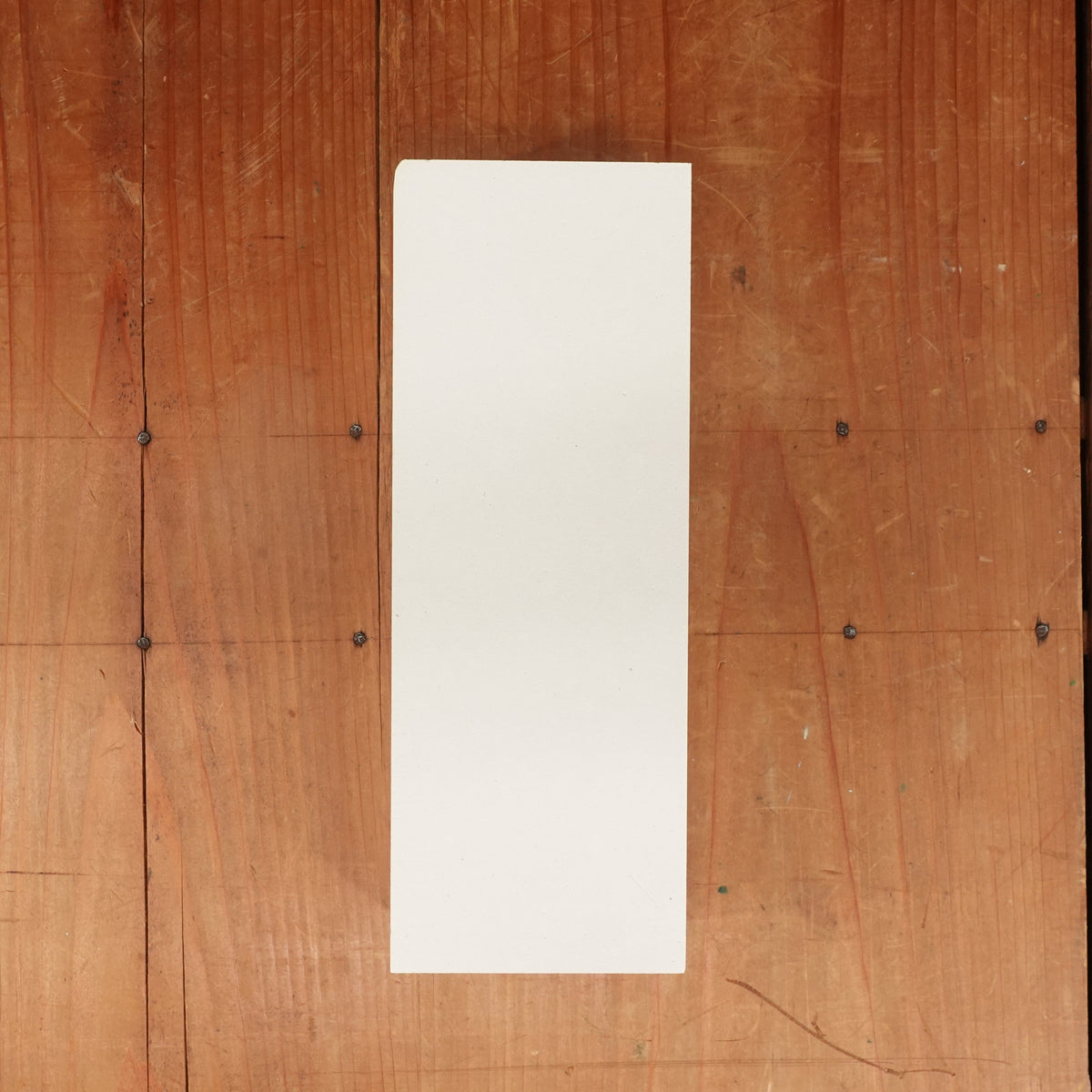
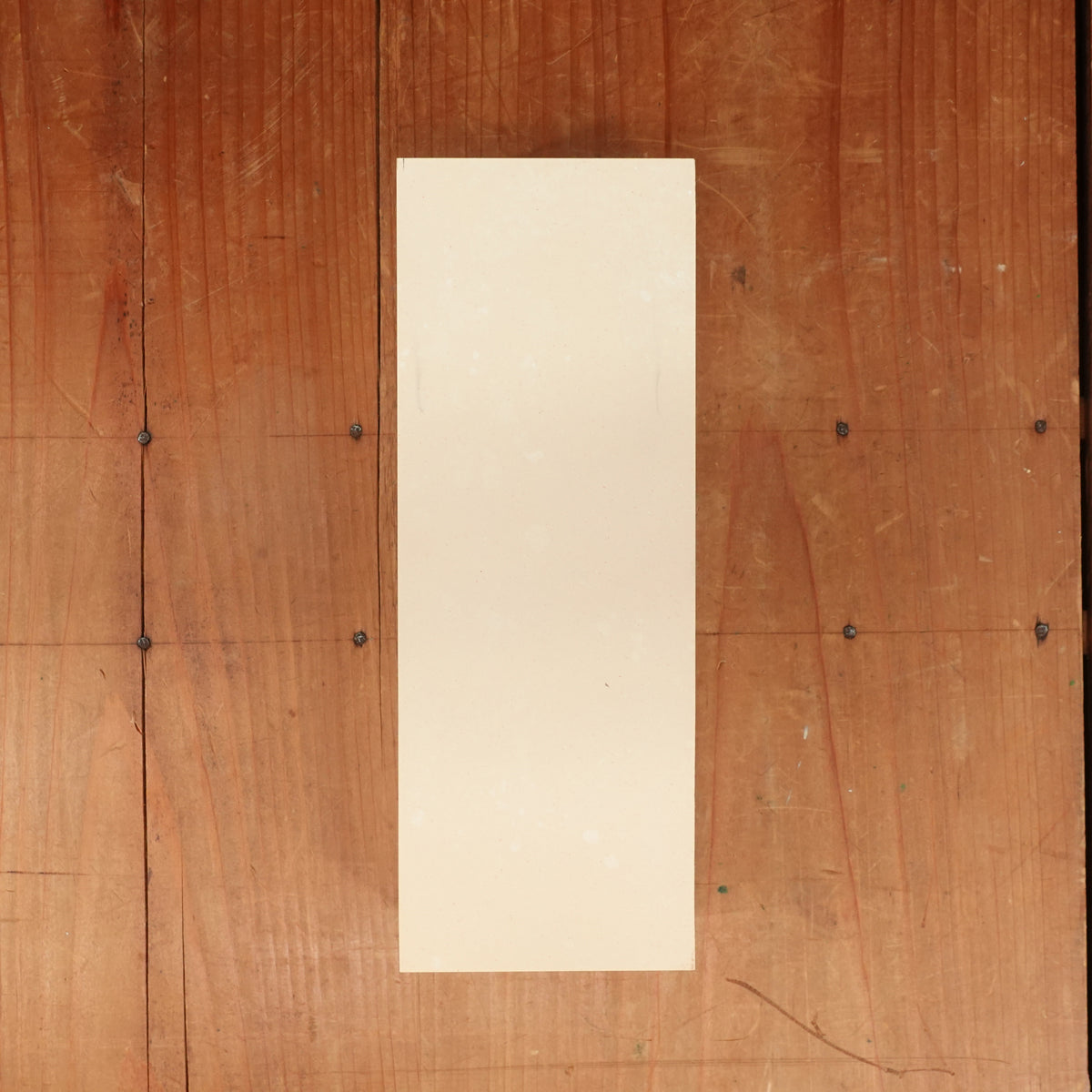
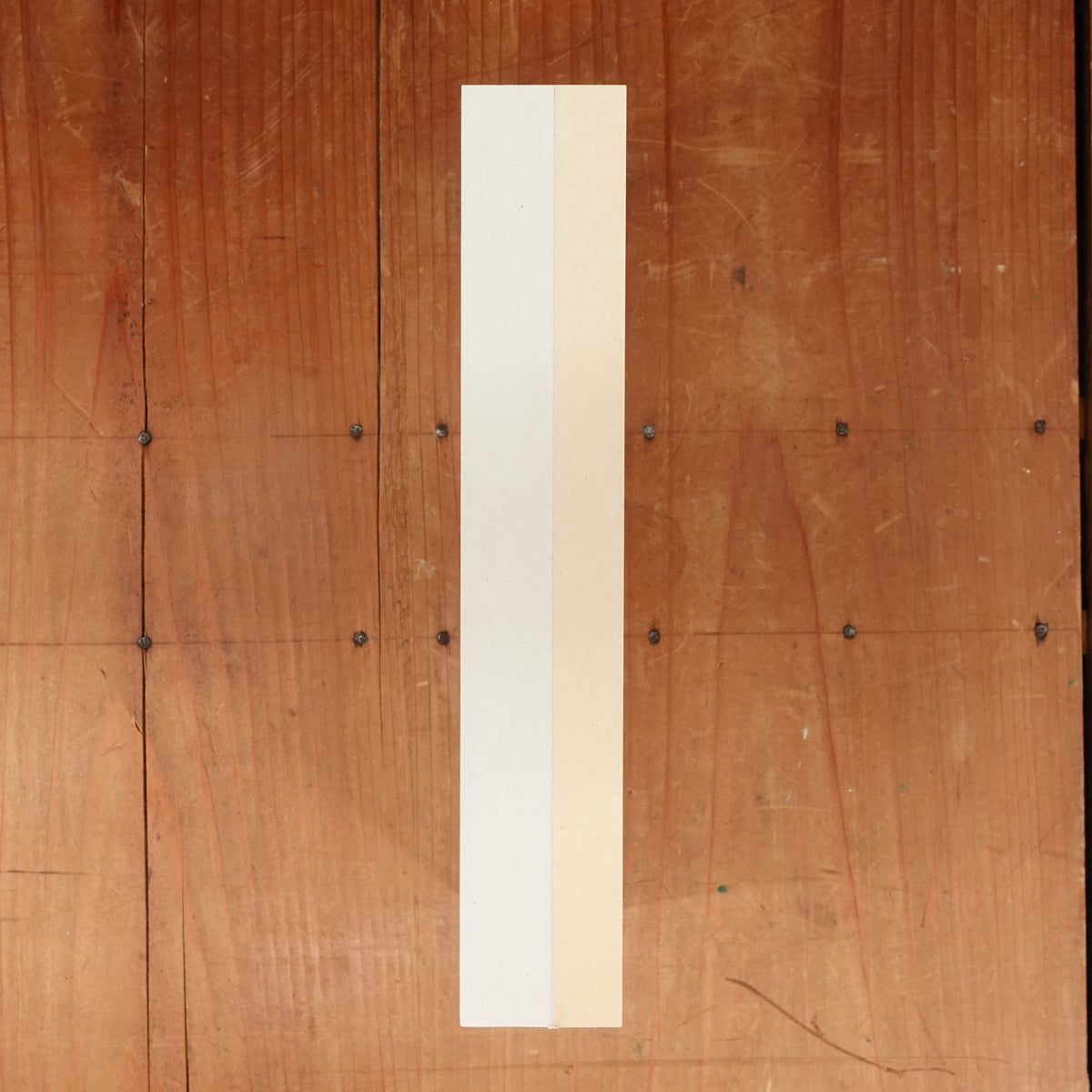
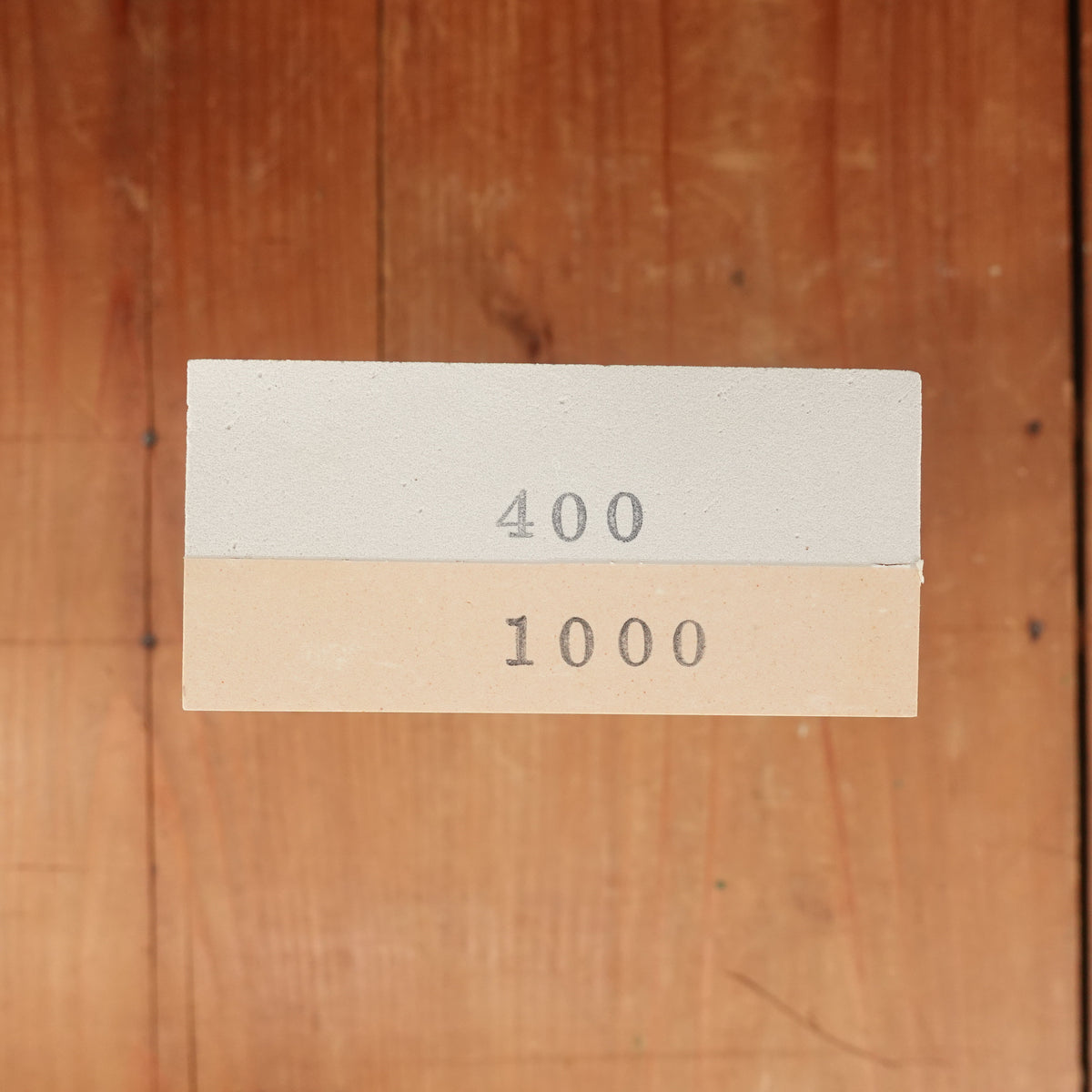
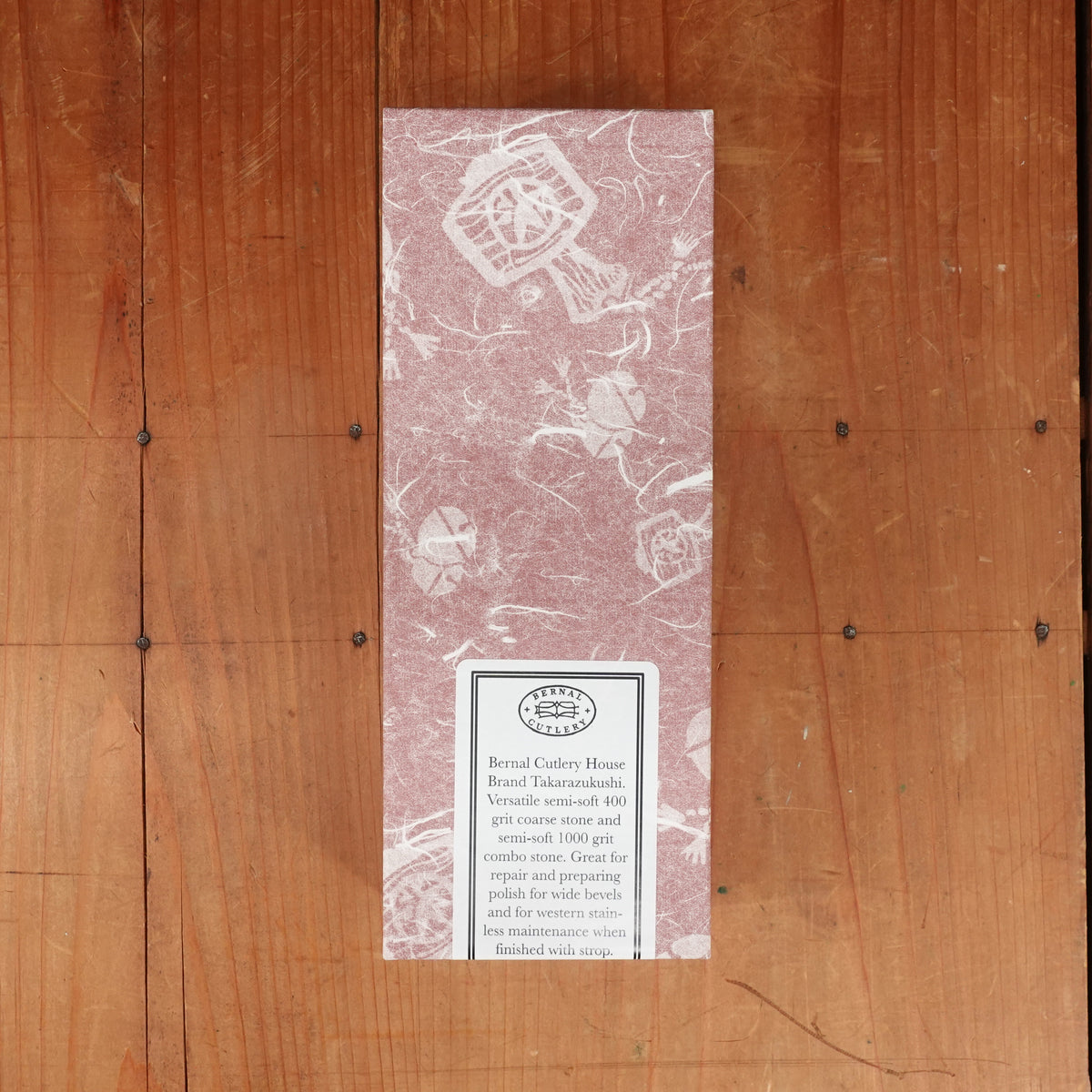
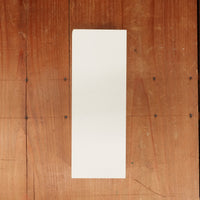
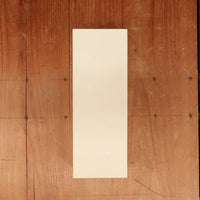
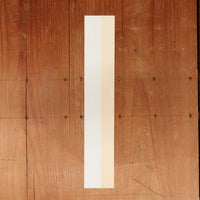
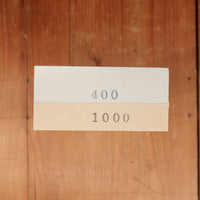
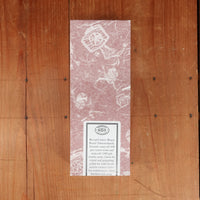
Bernal Cutlery Takarazukushi 400/1000 Grit Combination Ceramic Japanese Whetstone
-
Prix ordinaire
-
$101.25
-
Prix soldé
-
$101.25
-
Prix ordinaire
-
SOLDES
Épuisé
-
Prix unitaire
- /par
- Prix ordinaire
- $101.25
- Prix soldé
- $101.25
- Prix ordinaire
- Prix unitaire
- /par
Semi-soft ceramic 400 and 1000 grit combination stone. White 400 grit is fast cutting1000 has a creamy feel and a fine frosty finish. Like the other Takarazukushi stones it works a wide variety of steel chemistries and hardnesses without complaint and leaves a very easy to finish hazy scratch pattern. This stone works very well as a maintenance stone for western stainless knives when followed by a sharpening steel and a strop.
Bernal Cutlery Takarazukushi ceramic stones are made in Japan with alumina and zircon abrasive particles that are baked with ceramics creating a fused porous stone. Harder Takarazukushi stones tend to cut deeper and faster than the semi-soft stones on double bevel knives made with wear resistant steels. Semi-soft Takarazukushis stones cut wide bevels very nicely and leave shallower easier to finish scratches than the harder stones however both hard and semi-soft work on both.
Semi-soft 400 and 1000 alumina and zircon ceramic stone. Super versitile for double or single bevel knives as well as Japanese and non-Japanese knives. We had this combination of stones made specifically for stainless western knives selecting these among other ceramic stones on lots of dull stainless Western knives. It is also an excellent stone to start working dull single bevel knives, this softer 1000 finish is easily polished with finer stones.
Bernal Cutlery Takarazukushi ceramic stones are made in Japan with alumina and zircon abrasive particles that are baked with ceramics creating a fused porous stone. Harder Takarazukushi stones tend to cut deeper and faster than the semi-soft stones on double bevel knives made with wear resistant steels. Semi-soft Takarazukushis stones cut wide bevels very nicely and leave shallower easier to finish scratches than the harder stones however both hard and semi-soft work on both.
Ceramic stones will not come apart with longer soaking periods (although water should be changed) resinoid stones should not be left to soak indefinitely, and both should be allowed to dry outside of sun and wind and not allowed to freeze wet.
It is important to not let this combination stone soak longer than 15 minutes at a time for the longevity of the bond.
Recently Viewed
About Bernal Cutlery
We are a full-service cutlery shop offering sharpening services, Japanese and Western culinary knives, vintage knives, outdoor, pocket and craft knives, cooking tools and accessories. We also offer knife skills and sharpening classes, and more.
We are proud to serve kitchen professionals, knife enthusiasts and home cooks alike. Located in the Mission District of San Francisco, California.
